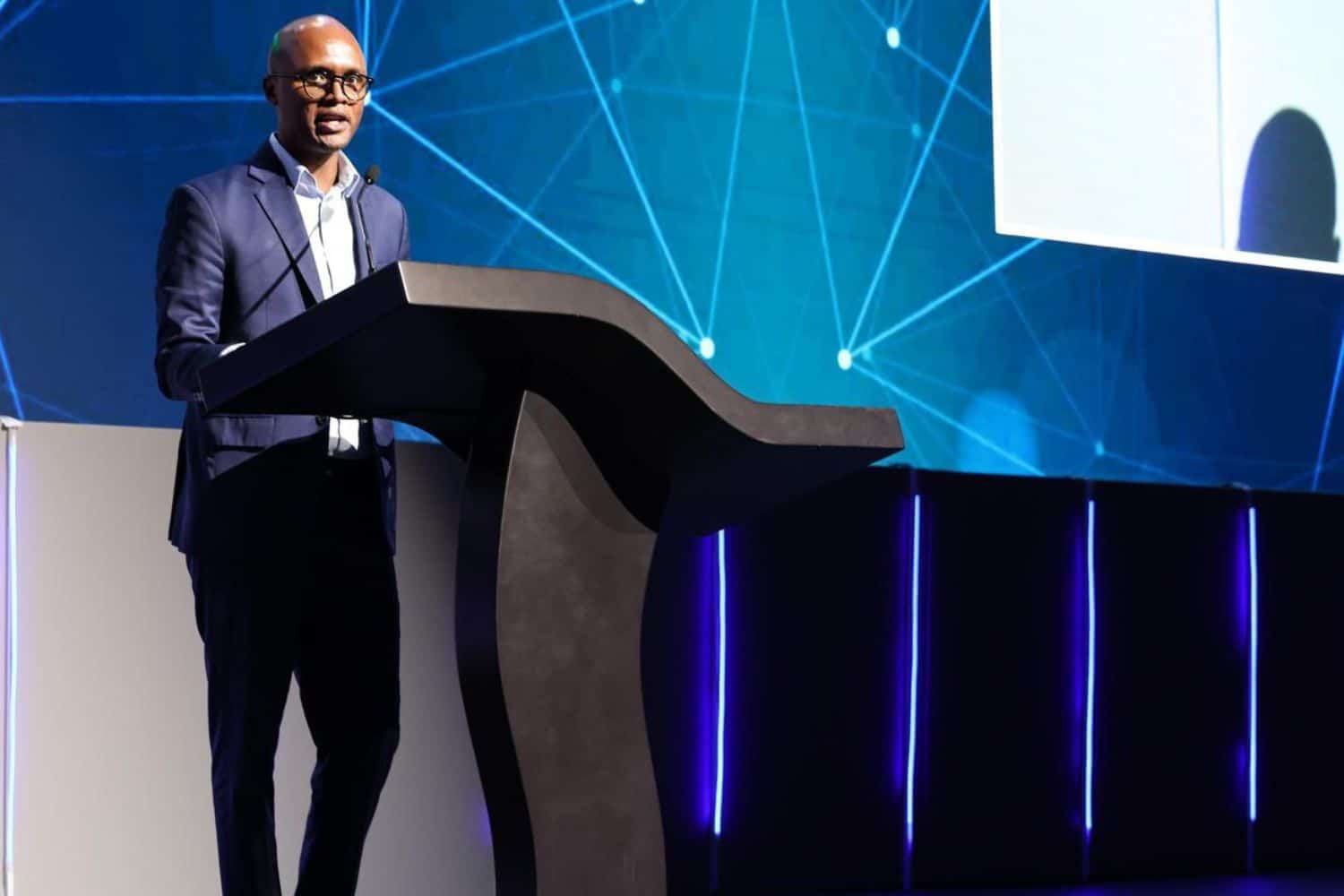Malatsi acknowledged South Africa’s progress in expanding connectivity, rolling out new technologies.

Communications and Digital Technologies minister Solly Malatsi highlighted significant strides in the country’s journey towards digital government amid challenges, including the SABC Bill and SpaceX’s Starlink internet-satellite service, which has eluded the country.
Malatsi delivered the opening address at GovTech 2025, hosted by the State Information Technology Agency (SITA) at the Chief Albert Luthuli Convention Centre in Durban on Monday.
He acknowledged South Africa’s progress in expanding connectivity, rolling out new technologies, and removing barriers to investment, while pointing out that serious challenges remain.
Star Link
However, he did not mention Elon Musk’s Starlink, despite his policy directive to the Independent Communications Authority of South Africa (Icasa), which was gazetted in May, allowing multinational firms a special workaround to BEE local laws and use Equity Equivalent Investment Programmes (EEIPs) instead of the rigid 30% black ownership requirement for telecoms licences.
“The cost of connectivity is still disproportionately high for low-income households, device affordability remains a constraint, and our digital systems are fragmented and not interoperable,” Malatis said.
“Let us, for a second, imagine a South Africa where digital government is implemented to its full effect. In this South Africa, every young person, regardless of where they live, can access education materials from the Department of Education online, without having to worry about the cost of data,” Malatsi said.
Starlink, with its wide coverage and increasing affordability, presents a chance to close the connectivity gap in rural areas while also appealing to urban users.
ALSO READ: WATCH: Starlink not debated with Trump, Ramaphosa says
Not anti-B-BBEE
While Musk’s politics may be “highly questionable”, his offer to bring SpaceX’s Starlink internet-satellite service to South Africa is “not anti-B-BBEE”, North-West University principal and vice-chancellor Professor Bismark Tyobeka said.
Musk, who is South African-born, previously claimed Starlink was barred from operating in South Africa because he is not black, an allegation South African officials refuted.
“When it comes to Starlink, the Independent Communications Authority of South Africa (Icasa) must ultimately decide whether to grant a licence.
“As an alternative to black ownership regulations, and as a nudge towards allowing Starlink to operate in South Africa, the company has pledged to provide 5 000 rural schools with free access to its services, giving 2.4 million pupils high-speed internet,” Tyobeka said.
ALSO READ: Withdrawal of bill spells ‘death knell’ for SABC, warns Diko
Digital tech
Malatse also stressed the importance of stronger partnerships to unlock the full benefits of digital technologies during GovTech 2025.
“We must leverage the resources of the private sector, the political will of the public sector, and the knowledge of academia to drive the breakthroughs our country needs.”
SABC Bill
The minister has also come under criticism for the delay in a funding model for the SABC following the controversial withdrawal of the SABC Bill last year.
On Monday, the Chairperson of the Portfolio Committee on Communications and Digital Technologies, Khusela Sangoni-Diko, warned that the SABC is on the brink of collapse and may cease operations in December if a funding model is not finalised.
Malatsi said a department advert was already out, requesting proposals, adding that the fundamental issue that the Bill ought to resolve was the financial and business viability of the national broadcaster, in the space of enhanced competition.
ALSO READ: Starlink making strides in transforming broadband access — Report
Support Local Journalism
Add The Citizen as a Preferred Source on Google and follow us on Google News to see more of our trusted reporting in Google News and Top Stories.








